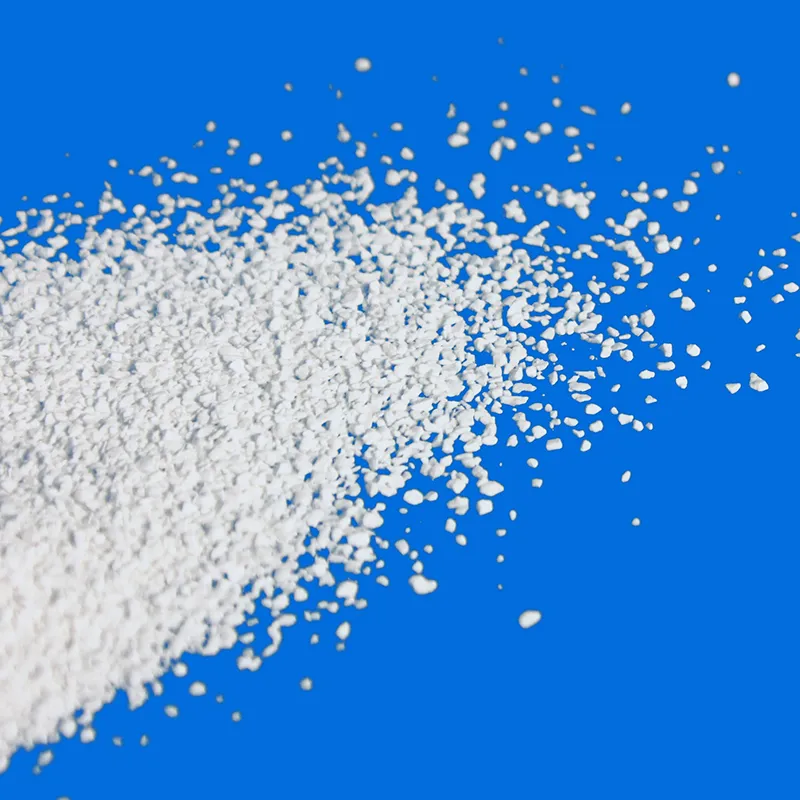
Phosphoric Acid Applications and Benefits in Modern Agriculture Practices
The Role of Phosphoric Acid in Agriculture
Phosphoric acid, a key player in agriculture, is primarily utilized for its essential role in plant nutrition. As one of the three primary macronutrients—alongside nitrogen and potassium—phosphorus is crucial for various plant processes, including energy transfer, photosynthesis, and nutrient movement within the plant. Phosphoric acid is a common source of phosphorus in fertilizers, helping to improve crop yields and quality.
Importance of Phosphorus in Plant Growth
Phosphorus is vital for plant growth and development because it forms a part of several important biological molecules. It plays a crucial role in the synthesis of ATP (adenosine triphosphate), the energy currency of the cell, which is necessary for various metabolic processes. Furthermore, phosphorus is a key component of DNA and RNA, which are essential for cell division and growth. It also contributes to root development, flowering, and seed production.
Deficiency in phosphorus can lead to stunted growth, dark green or purpling leaves, and reduced yields. In the agricultural context, ensuring adequate phosphoric acid levels in the soil is critical for maximizing the potential of crops and maintaining soil health. This is particularly important in regions with phosphorus-poor soils, where fertilization is necessary to replenish these nutrients.
Phosphoric Acid in Fertilizers
The primary method of applying phosphorus in agriculture is through chemical fertilizers, with phosphoric acid being a significant component. This acid is produced through the phosphate rock's reaction with sulfuric acid, yielding monoammonium phosphate (MAP) and diammonium phosphate (DAP), two widely used fertilizers. These compounds not only supply phosphorus but often contain nitrogen as well, providing a balanced approach to crop nutrition.
phosphoric acid for agriculture

In addition to conventional fertilizers, phosphoric acid is also critical in the production of slow-release phosphorus fertilizers. These fertilizers enhance the availability of phosphorus to plants over an extended period, reducing the risk of leaching and promoting better nutrient uptake efficiency. The use of such fertilizers can lead to sustainable agricultural practices, minimizing environmental impacts while maximizing farm productivity.
Environmental Considerations
While phosphoric acid plays a vital role in agriculture, its usage also raises environmental concerns. Excessive application of phosphorus can lead to runoff, causing eutrophication in nearby water bodies. This process results in algal blooms that deplete oxygen in the water, harming aquatic life and disrupting ecosystems. As a result, farmers are encouraged to use phosphoric acid and its derivatives judiciously, employing best management practices to minimize environmental impacts.
One approach to mitigating these risks is conducting soil tests to determine existing phosphorus levels before fertilization. This allows farmers to apply the appropriate amount of phosphoric acid, ensuring that crops receive adequate nutrition without unnecessary excess. Additionally, employing practices such as crop rotation, cover cropping, and the use of organic fertilizers can enhance soil health and reduce reliance on chemical fertilizers, contributing to a more sustainable agricultural system.
Conclusion
Phosphoric acid is indispensable in modern agriculture, enabling farmers to enhance crop yields and improve food security. By providing a vital source of phosphorus, it supports various physiological and biochemical processes essential for plant health. However, it is crucial to apply it responsibly to avoid environmental degradation associated with phosphorus runoff.
Balancing agricultural productivity with environmental conservation is essential. As the global population continues to grow and the demand for food rises, the effective use of phosphoric acid in agriculture can play a pivotal role in securing a sustainable future for food production. By adopting best practices and innovations in fertilization strategies, farmers can ensure that they meet the nutritional needs of their crops while minimizing environmental impacts, paving the way for a greener and more productive agricultural landscape.
-
Why Glacial Acetic Acid Food Grade Is Essential in FlavorNewsMay.26,2025
-
Surging Export Growth of Food Additives in ChinaNewsMay.26,2025
-
How Ammonium Nitrate Fertilizer Boosts Crop YieldsNewsMay.26,2025
-
How 1,2,3-Benzotriazole Shields Plastics from UV DegradationNewsMay.26,2025
-
Cyanide in Gold Mining: Protecting People and the PlanetNewsMay.26,2025
-
Aluminum Hydroxide in Modern Sunscreen FormulationsNewsMay.26,2025
-
Understanding Synthetic Rubber OptionsNewsApr.27,2025
Hebei Tenger Chemical Technology Co., Ltd. focuses on the chemical industry and is committed to the export service of chemical raw materials.
-

view more DiethanolisopropanolamineIn the ever-growing field of chemical solutions, diethanolisopropanolamine (DEIPA) stands out as a versatile and important compound. Due to its unique chemical structure and properties, DEIPA is of interest to various industries including construction, personal care, and agriculture. -

view more TriisopropanolamineTriisopropanolamine (TIPA) alkanol amine substance, is a kind of alcohol amine compound with amino and alcohol hydroxyl, and because of its molecules contains both amino and hydroxyl. -

view more Tetramethyl Thiuram DisulfideTetramethyl thiuram disulfide, also known as TMTD, is a white to light-yellow powder with a distinct sulfur-like odor. It is soluble in organic solvents such as benzene, acetone, and ethyl acetate, making it highly versatile for use in different formulations. TMTD is known for its excellent vulcanization acceleration properties, which makes it a key ingredient in the production of rubber products. Additionally, it acts as an effective fungicide and bactericide, making it valuable in agricultural applications. Its high purity and stability ensure consistent performance, making it a preferred choice for manufacturers across various industries.











